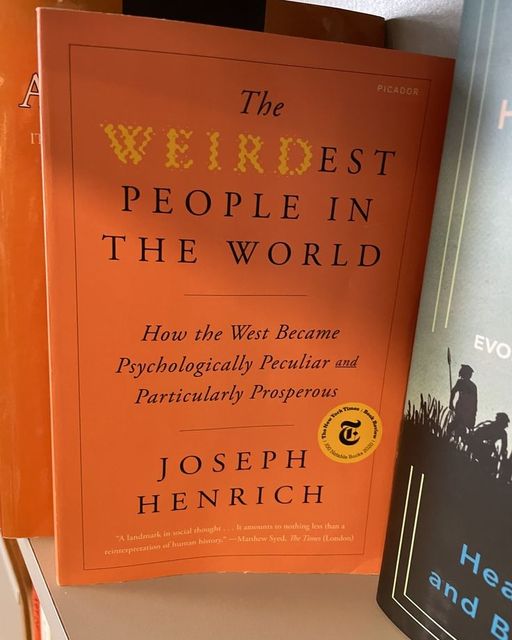Ten lessons from "The WEIRDest People in the World: How the West Became Psychologically Peculiar and Particularly Prosperous" by Joseph Henrich.
1. Cultural Evolution: Explores how cultural evolution has shaped Western societies, leading to distinctive psychological traits and institutions.
2. Individualism vs. Collectivism: Discusses how Western societies' emphasis on individualism differs from the collectivist tendencies of many other cultures, affecting social norms and behaviors.
3. The Importance of the Church: Examines the role of the Catholic Church in reshaping family structures and fostering individualism, contributing to unique social norms in the West.
4. Weird Psychology: Explores the psychological peculiarities of Western populations, including greater levels of trust, cooperation, and innovation compared to other cultures.
5. Market Economies: Discusses how cultural factors, such as Western legal systems and trust, have contributed to the development of market economies and prosperity.
6. Education and Innovation: Highlights how Western education systems and institutions have fostered critical thinking, curiosity, and innovation.
7. The Role of Marriage and Family: Examines the impact of Western marriage patterns, such as monogamous relationships, on social structures and economic development.
8. Legal Systems and Rule of Law: Explores the role of legal systems, property rights, and the rule of law in fostering economic development and social stability in the West.
9. The Spread of Western Culture: Discusses the global spread of Western cultural values and institutions and its impact on shaping global societies.
10. Cultural Diversity and Adaptation: Acknowledges the diversity of cultural norms and practices worldwide and how different societies adapt to varying environments.




